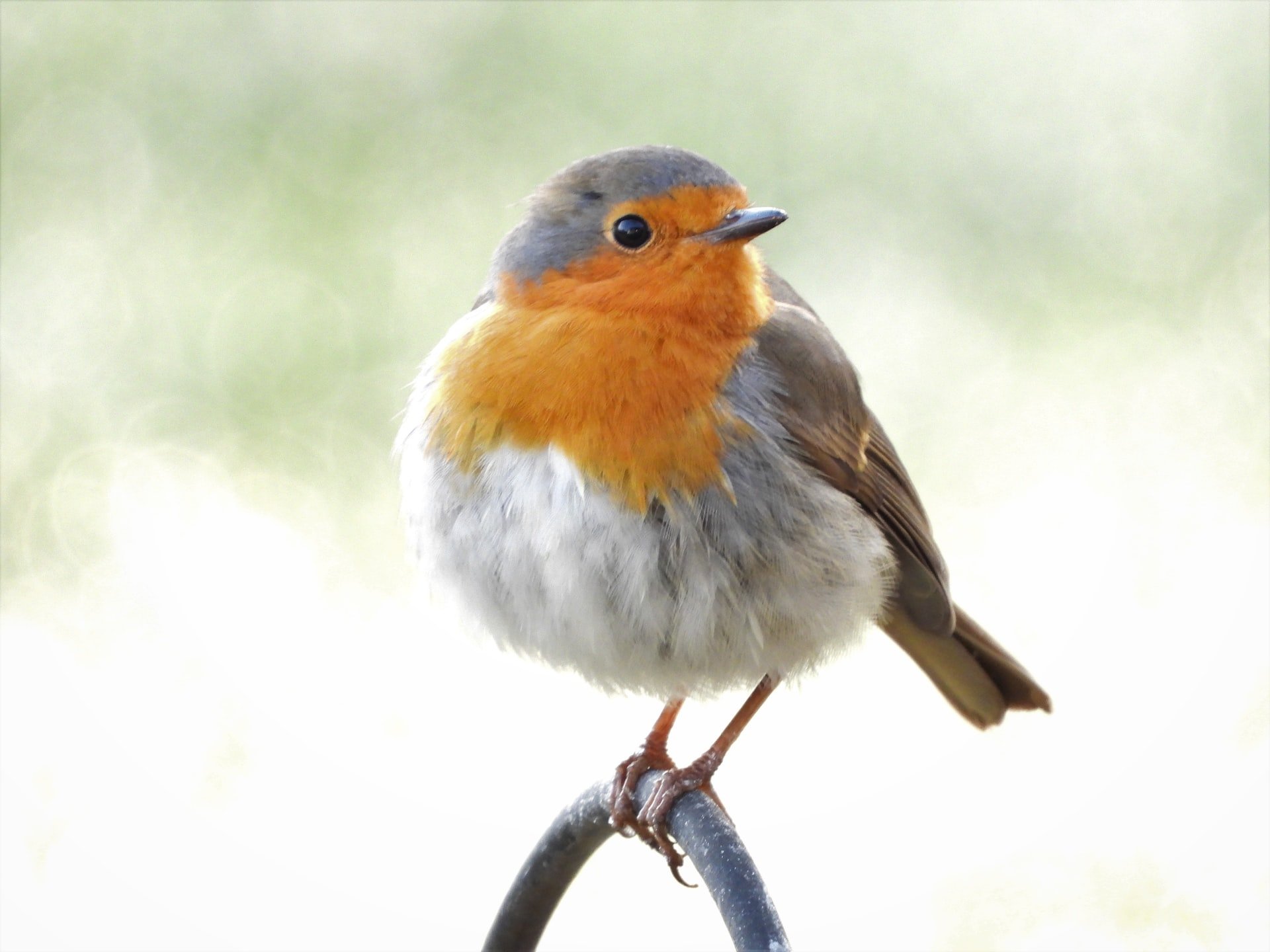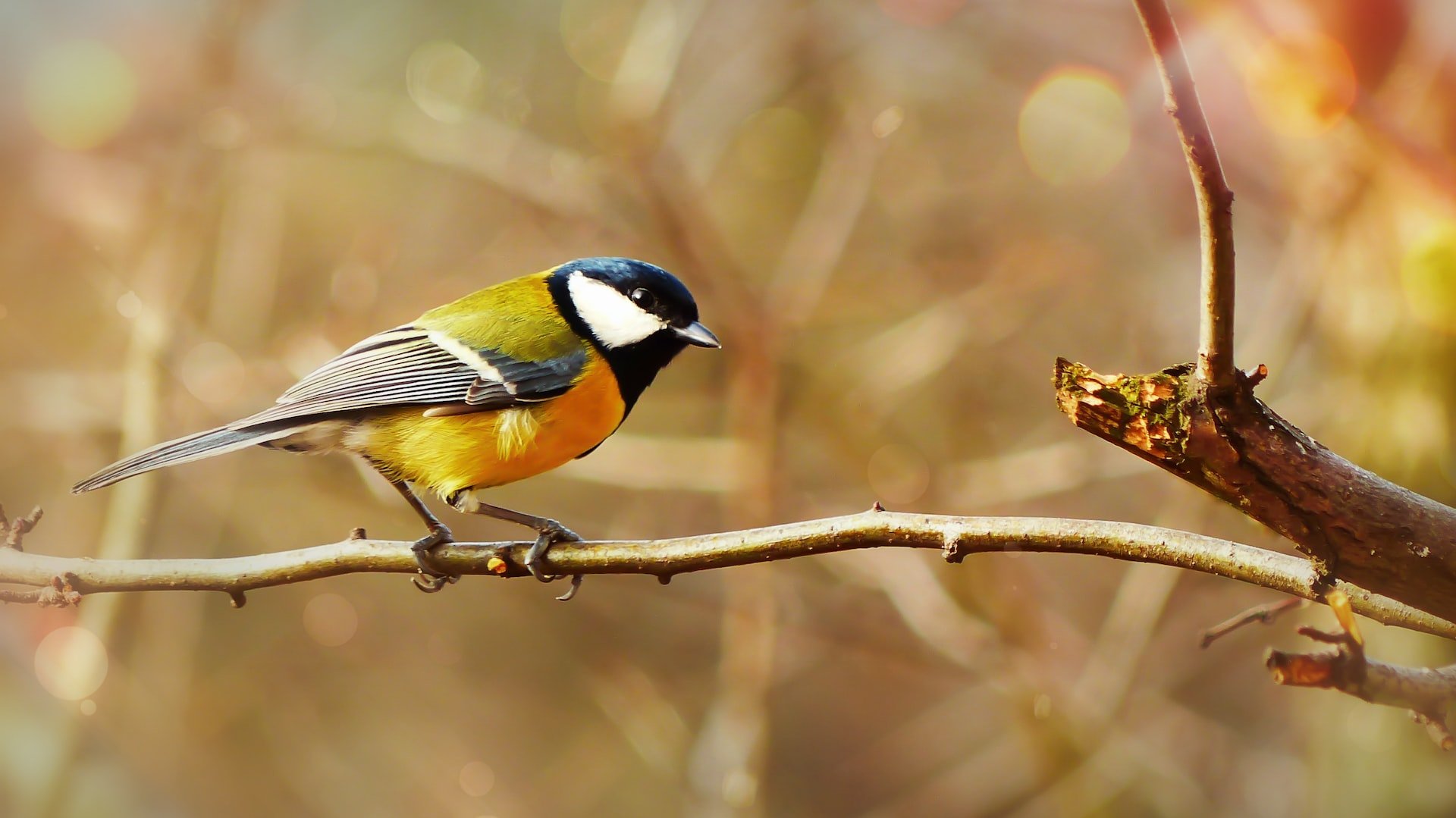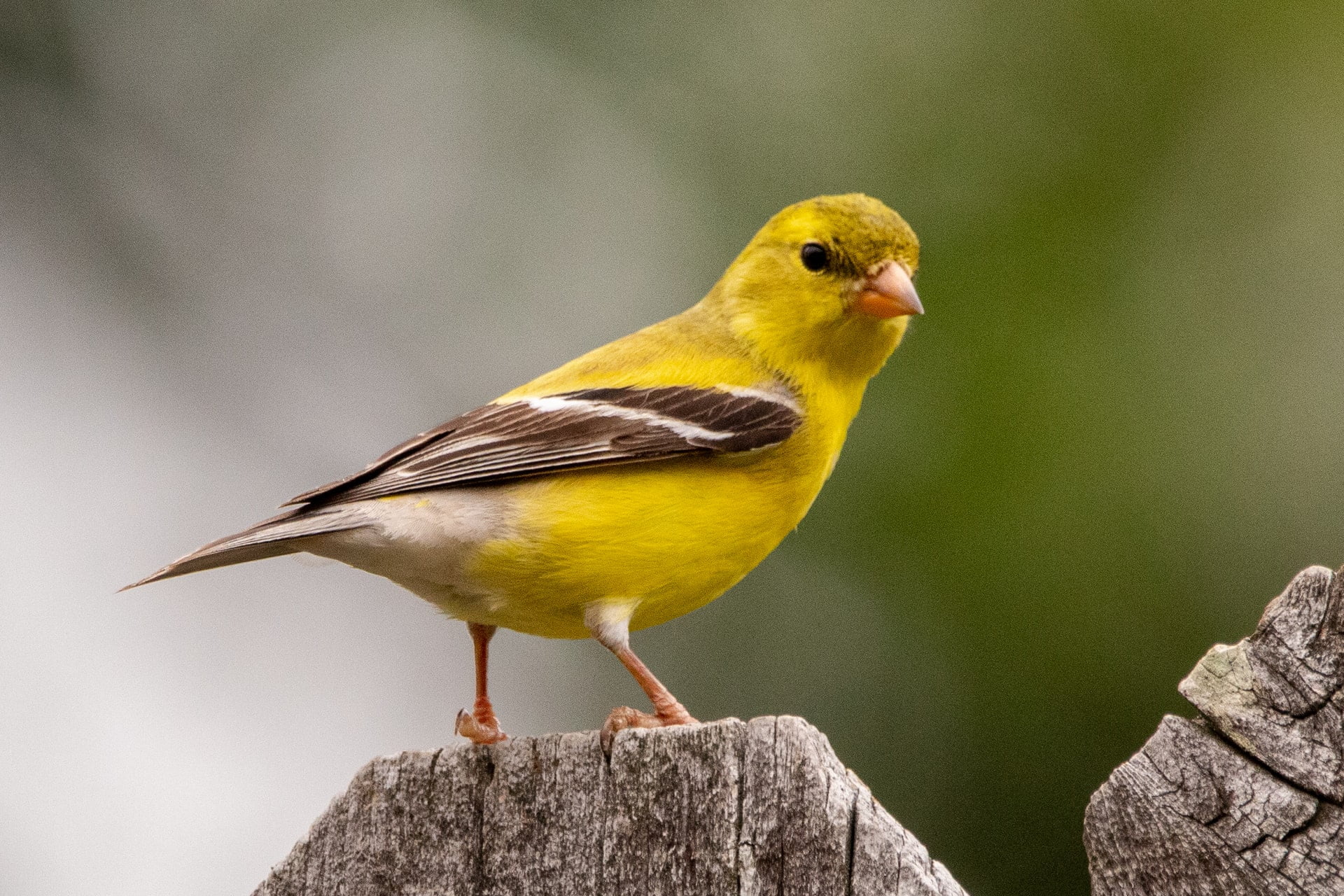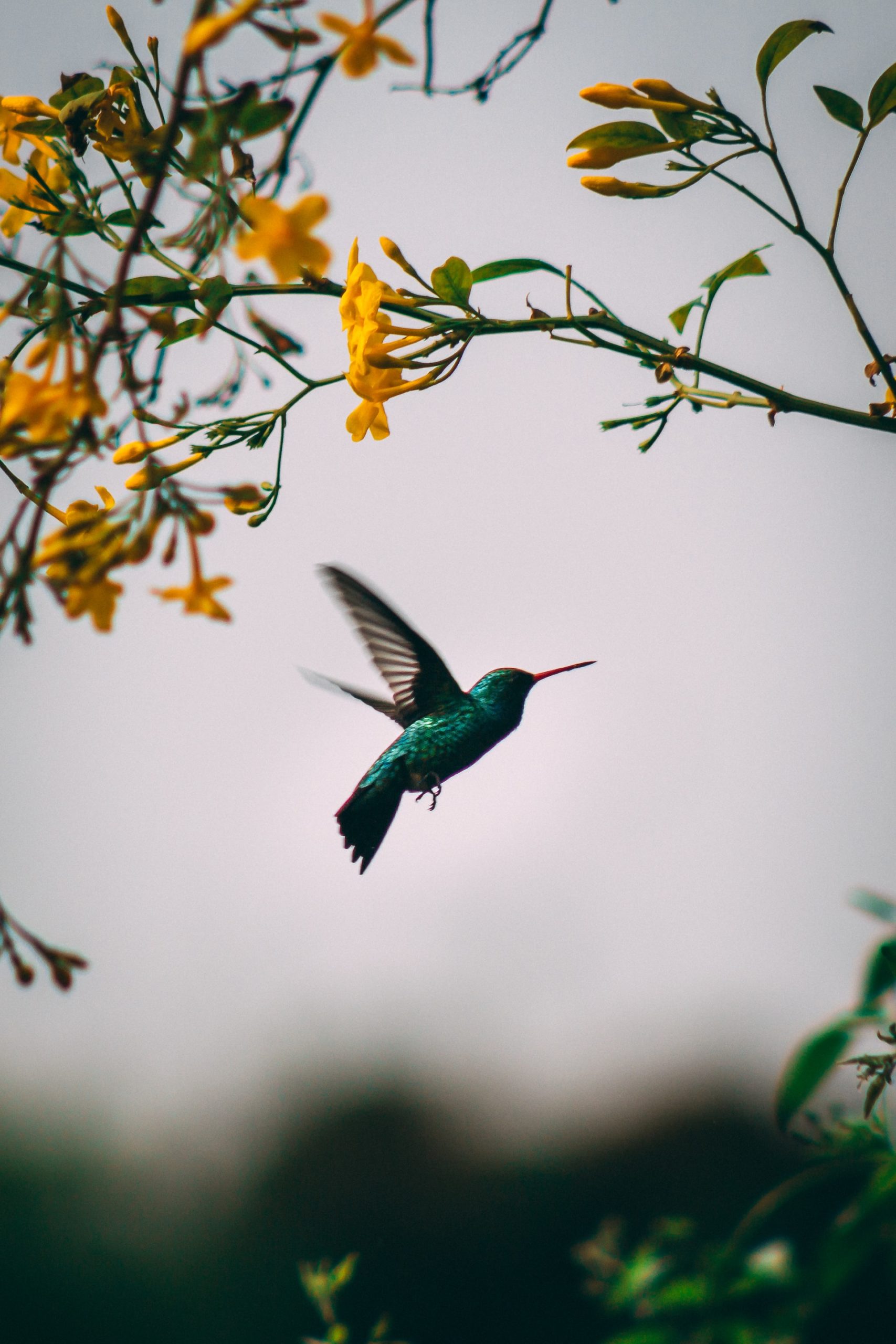According to research, trips to areas rich in avian life could be recommended by psychiatrists to patients looking to improve their mental health. According to the findings of some researchers, the simple act of observing birds or enjoying birdsong encounters can have a positive impact on one’s mental health.
Why is hearing birds sing so soothing?
The idea was that when there are dangerous predators nearby, birds will stop singing, indicating safety for our subconscious. People have felt at ease and peace when they hear birds sing for thousands of years due to this association with safety.
The researchers hypothesized that exposure to nature and birdsong might be an excellent treatment for a variety of mental illnesses. But it comes as no surprise. There are many excellent examples of how nature has a positive impact on health in the medical literature.
Dr. Eleanor Ratcliffe, an environmental psychologist at the University of Surrey in the United Kingdom, is an expert on the psychological effects of birdsong. People she polled for earlier research believed that birdsong helped them concentrate and unwind. However, their perception of these advantages was influenced by previous outdoor experiences involving a specific birdsong.
They responded more favorably to a birdsong if they had previously heard it while enjoying time outside. For instance, some bird songs brought back memories of childhood nature hikes. Harder bird calls, like those of corvids like magpies, were perceived as distracting as opposed to calming and concentrating. The benefits of birdsong were more frequently cited by people who said they felt a stronger connection to nature.
More recent studies by Dr. Ratcliffe have shown that more people are calmed by birdsong that is softer, more complex, and melodic or harmonic. This effect was stronger the more frequently birds sang in a recording that was played for listeners. In other words, frequent, moderately loud birdsong that had complex harmonies seemed to improve people’s mood and concentration the most.
The research on birdsong encounters.
In addition, the research, which was led by professors from King’s College London, discovered that regular interactions with birds improved both the mood of people suffering from depression and the mood of the general population.
According to the researchers who conducted the study, the results suggested that trips to areas with a high concentration of birdlife, such as parks and canals, could be recommended by physicians to patients suffering from mental health conditions. They went on to say that their findings also highlighted the necessity of better protecting the environment and improving biodiversity in urban, suburban, and rural areas so that bird habitats could be preserved.
Through the use of a mobile application called Urban Mind on their smartphones, the 1,292 participants in the study were able to keep track of their everyday interactions with birds, which were then included in the study and published in the journal Scientific Reports.
All of the participants finished at least 25% of the tests, 593 participants finished at least 50% of the tests, and 196 participants finished at least 75% of the tests. Since they had completed fewer than 25% of the ecological momentary assessments, a total of 2,245 participants were deemed ineligible for inclusion in the statistical analyses.
Participants came from all over the world, but the majority of them lived in the United States of America (8%), the United Kingdom (8%), the European Union (16%), China (4%), and Australia (2%).
Within each EMA, everyday interactions with birds were evaluated using a single question: “Can you see or hear birds right now?” The participants were given the option of responding with “No,” “Not Sure,” or “Yes.”
Within the context of the statistical analyses, the responses were recoded as a binary variable, with “No” and “Not sure” being combined into a single category and “Yes” serving as the other category in the variable. This strategy was chosen because there was a very low percentage of “Not sure” responses, and it was also consistent with the results of previous studies.
 Ten questions on a Likert scale with five points each were used to assess the respondent’s current mental well-being (Strongly Disagree, Disagree, Neutral, Agree, Strongly Agree). Positive mental well-being was addressed in the following five questions: I have a sense of self-assurance, relaxation, happiness, connectedness to other people, and vitality. I am feeling anxious, stressed, down, lonely, and exhausted are the five questions that refer to a negative state of mental well-being.
Ten questions on a Likert scale with five points each were used to assess the respondent’s current mental well-being (Strongly Disagree, Disagree, Neutral, Agree, Strongly Agree). Positive mental well-being was addressed in the following five questions: I have a sense of self-assurance, relaxation, happiness, connectedness to other people, and vitality. I am feeling anxious, stressed, down, lonely, and exhausted are the five questions that refer to a negative state of mental well-being.
The scores on questions that referred to negative mental well-being were added to the scores on questions that referred to positive mental well-being, which resulted in a total score for mental well-being that ranged from ten to fifty.
Participants from the United Kingdom, Europe, the United States of America, China, and Australia were asked at random intervals over two weeks to record how they were feeling, including whether they were happy or stressed, whether they could see trees and whether they could hear or see birds. Other questions included whether they could see or hear birds.
Beneficial effects of birdsong.
The researchers discovered that the average participants’ scores on their mental well-being increased when they saw or heard birds. This was true even for the participants who revealed that they had a diagnosis of depression.
This beneficial effect also lasted beyond the moment of encountering birds, as participants who did not see or hear birds the next time they recorded their mood noted higher levels of mental well-being. This suggests that the positive effects of birds go beyond the immediate experience of seeing or hearing birds.
The researchers concluded that this finding indicated “a possible causal link effect of birdlife on mental wellbeing.” On the other hand, this positive effect was not maintained if the participants did not encounter birds during the subsequent assessment of their mood.
Help for depression through birdsong.
Andrea Mechelli, a professor at King’s College London who specializes in early intervention in mental health, stated that “we need to create and support environments, particularly urban environments, where bird life is a constant feature.” A healthy population of birds requires not only the presence of plants but also the presence of trees. We must take care of the entire ecosystem that resides within our cities.
 He went on to say that the positive effect that bird encounters had on people suffering from depression was significant because many “interventions that help so-called ‘healthy people’ do not work for individuals who have mental health issues.”
He went on to say that the positive effect that bird encounters had on people suffering from depression was significant because many “interventions that help so-called ‘healthy people’ do not work for individuals who have mental health issues.”
Mechelli stated, “We are aware that physical activity helps everyone feel better. However, it is extremely difficult to motivate someone who is depressed to engage in physical activity. whereas interacting with various bird species is something that could possibly be done.”
According to the artist Michael Smythe of Nomad Projects, which assisted King’s College London in developing the smartphone app for the study, the research also posed questions about the link between health inequalities and access to nature. Previous research has shown that less affluent areas typically have fewer green spaces than more prosperous areas.
“It’s a very therapeutic complex, biodiverse, abundant space within a massive housing estate between four artery roads,” said Smythe. “It’s a great place for people of all ages and backgrounds.” “It has become a popular destination for people to unwind at any time of the day,” the author writes.
In addition to this, he stated, “Birdsong would have once been the natural soundtrack to all human lives,” and “I do think that it is embedded somewhere deep within our psyches. It is connected with spring and rebirth and the anticipation of good times ahead, which is just one of the reasons why we need to address this nature crisis and make sure that nature doesn’t fall silent.”
Conclusion.
According to the author of the Guide to Birdsong published by the Royal Society for the Protection of Birds, Adrian Thomas, the findings of the report did not come as a surprise to anyone because the majority of people described their reaction to birdsong as joy.
You can take time to appreciate the wonders God has made and bask in His creation. Remember the words of Jesus, who assured us that if God can take care of birds, He surely can take care of us. Yet if you need further help managing your mental health, don’t hesitate to reach out to a Christian counselor.
“Goldfinch”, Courtesy of Joshua J. Cotten, Unsplash.com, CC0 License; “Hummingbird”, Courtesy of Geronimo Giqueaux, Unsplash.com, CC0 License; “European Robin”, Courtesy of Abdul Rehman Khalid, Unsplash.com, CC0 License; “Great Tit”, Courtesy of Krzysztof Niewolny, Unsplash.com, CC0 License
-
Kate Motaung: Curator
Kate Motaung is the Senior Writer, Editor, and Content Manager for a multi-state company. She is the author of several books including Letters to Grief, 101 Prayers for Comfort in Difficult Times, and A Place to Land: A Story of Longing and Belonging...
DISCLAIMER: THIS ARTICLE DOES NOT PROVIDE MEDICAL ADVICE
Articles are intended for informational purposes only and do not constitute medical advice; the content is not intended to be a substitute for professional medical advice, diagnosis, or treatment. All opinions expressed by authors and quoted sources are their own and do not necessarily reflect the opinions of the editors, publishers or editorial boards of Stone Oak Christian Counseling. This website does not recommend or endorse any specific tests, physicians, products, procedures, opinions, or other information that may be mentioned on the Site. Reliance on any information provided by this website is solely at your own risk.







